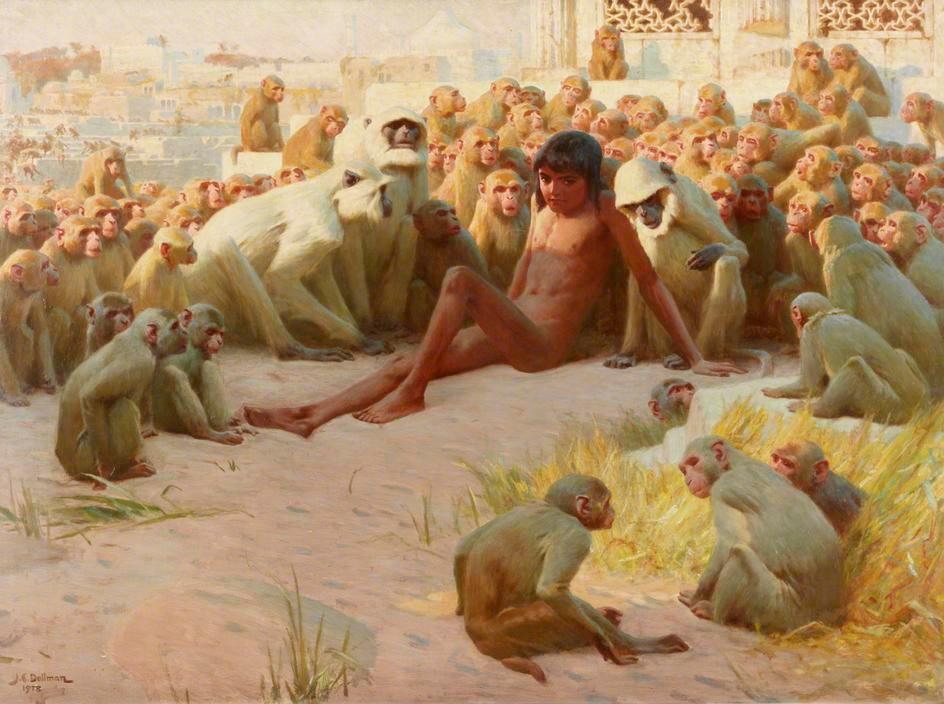Are you looking for a fine and fun summertime read to rekindle the sunny days of your youth? Or perhaps to read to your children in the late-summer evenings? There may be no better book for you and your little ones than “The Jungle Book” for its whimsy and its wisdom.
Rudyard Kipling’s celebrated collection of stories called “The Jungle Book” is a spirited, playful safari with moments of profound gravity that both evoke and enshrine what it means to be human in a wilderness of creatures—that is, to have ascendency and stewardship.





